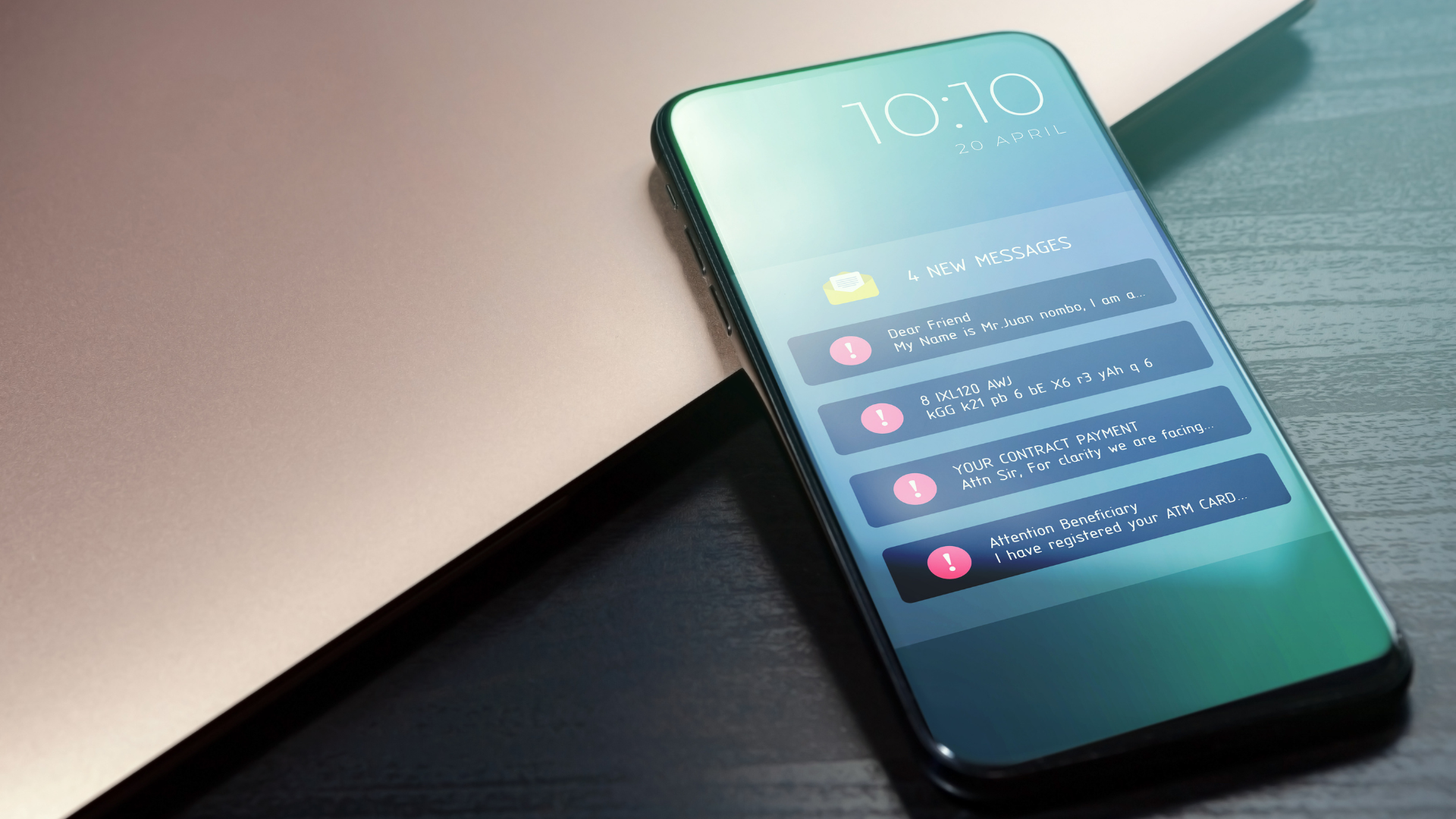Protect Yourself from Post-Disaster Fraud
Natural disasters can bring out the best in people, but unfortunately, they can also attract individuals looking to take advantage of others. It's important to stay vigilant and protect yourself from post-disaster fraud. Here are some tips to keep in mind:

Be Aware of Common Scams
Scammers often target vulnerable populations during these times, making it essential to be aware of common schemes and take proactive steps to protect yourself. You can also use these questions to help confirm if a service or contractor is legit:
- Can I see your identification and contractor's license?
- Can you provide three recent recommendations from the area?
- How long have you been in business?
- Can the organization you claim to work for confirm you are an employee?
Fake Charities
Scammers may pose as charities to solicit donations. Verify the legitimacy of any organization before donating. Visit the Internal Revenue Service (IRS) website for tips on identifying possible scams.

Home Repair Fraud
Following a disaster, contractors or others will try to take advantage of you by quickly arriving to offer help with repair, debris removal, and other disaster-related assistance.
- You should always take your time to stop, think, and investigate. Do not be pressured into taking immediate action. If someone is trying to force you into a decision, it is most likely because they are trying to force you to make mistakes.
- Research the companies thoroughly and get multiple quotes. When checking references, licensing, and registration information, cross reference the National Association of State Contractors Licensing Agencies.
- Never sign anything without fully reading and understanding it first and never sign a contract with blank spaces as some dishonest contractors may enter unacceptable terms later.
- Never pay in full in advance, and never pay with cash. Set up a schedule for making payments, and before making the final payment, ask the contractor to provide proof that all subcontractors have been paid; if not, you could be liable for their fees.
- You should also pay with a credit card whenever possible to reverse any fraudulent charges if needed, adding an extra layer of protection.
Disaster Assistance Scams
In a disaster, no legitimate government agency will ask for or accept money for disaster assistance.
FEMA does not charge for home inspections, disaster assistance, or for help filling out applications. If you have any doubts that a person is not a legitimate member of a trusted organization, do not give them any personal information.
Freeze and unfreeze your credit record for free at the three nationwide credit reporting companies (Equifax, TransUnion, and Experian) to make it harder for unauthorized credit lines to be opened in your name.
Phishing Scams
- Be cautious of emails, calls, or texts requesting personal information or payment.
- Verify the source before responding.
Safeguard Your Personal Information
Be cautious about sharing personal information, such as Social Security numbers or bank account details, especially online or over the phone.
Use secure websites when making online purchases or donations. To know if a website is secure look for "https" in the URL and a padlock icon.
Monitor Your Financial Accounts
Review bank and credit card statements for unauthorized charges or suspicious activity.
Consider setting up alerts with your financial institutions to receive notifications of any unusual transactions.
Put a fraud alert on your credit record for one year so lenders will call you to verify your identity before extending new credit, such as a new loan or credit card.

Stay Informed
Keep up to date with other possible scams in your area by following us on social media for updates.
FEMA will also post known scams on their website at https://www.fema.gov/.
If you encounter suspicious behavior or believe you've been targeted by a scam, report it to the Federal Trade Commission (FTC) and the Maryland state attorney general's office.
Seek Legal Advice
If you're unsure about the legitimacy of a contract or offer, seek advice from a legal professional.
Protect Your Documents
Store important documents, such as insurance policies, in a secure place to prevent them from being lost or stolen.
Make digital copies of important documents and store them in multiple places such as hard drives, flash drives, and the cloud.
